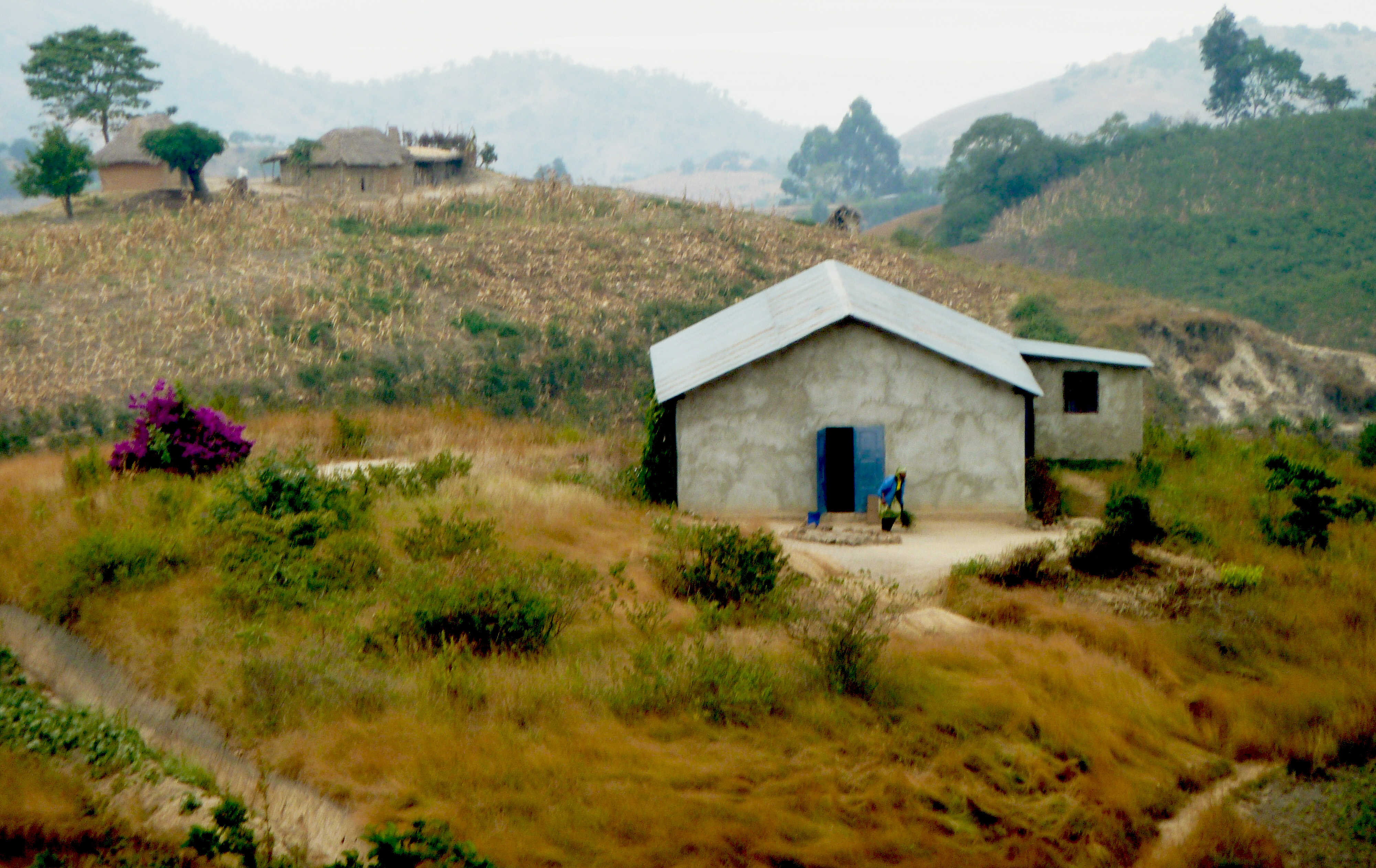 Dr Tim Forsyth
Dr Tim Forsyth
Professor in Environment and Development, LSE
Community-based adaptation (CBA) is a form of adaptation that aims to reduce the risks of climate change to the world’s poorest people by involving them in the practices and planning of adaptation. It adds to current approaches to adaptation by emphasizing the social, political, and economic drivers of vulnerability, and by highlighting the needs of vulnerable people. Critics, however, ask how lessons from local adaptive responses can be ‘upscaled’ to wider spatial scales and risks; whether CBA can represent local people fairly; and if successful CBA can be assessed. This article summarizes these debates, and uses these questions to present a framework for advancing CBA more fully within formal policy processes. The article argues that CBA should not be seen as an overly localist approach to risk assessment, but instead forms part of a trend of linking international development and climate change policies. This trend seeks to explain the risks posed by climate change more holistically within development contexts, and aims to increase the range and usefulness of adaptation options.
Read the full article here.





